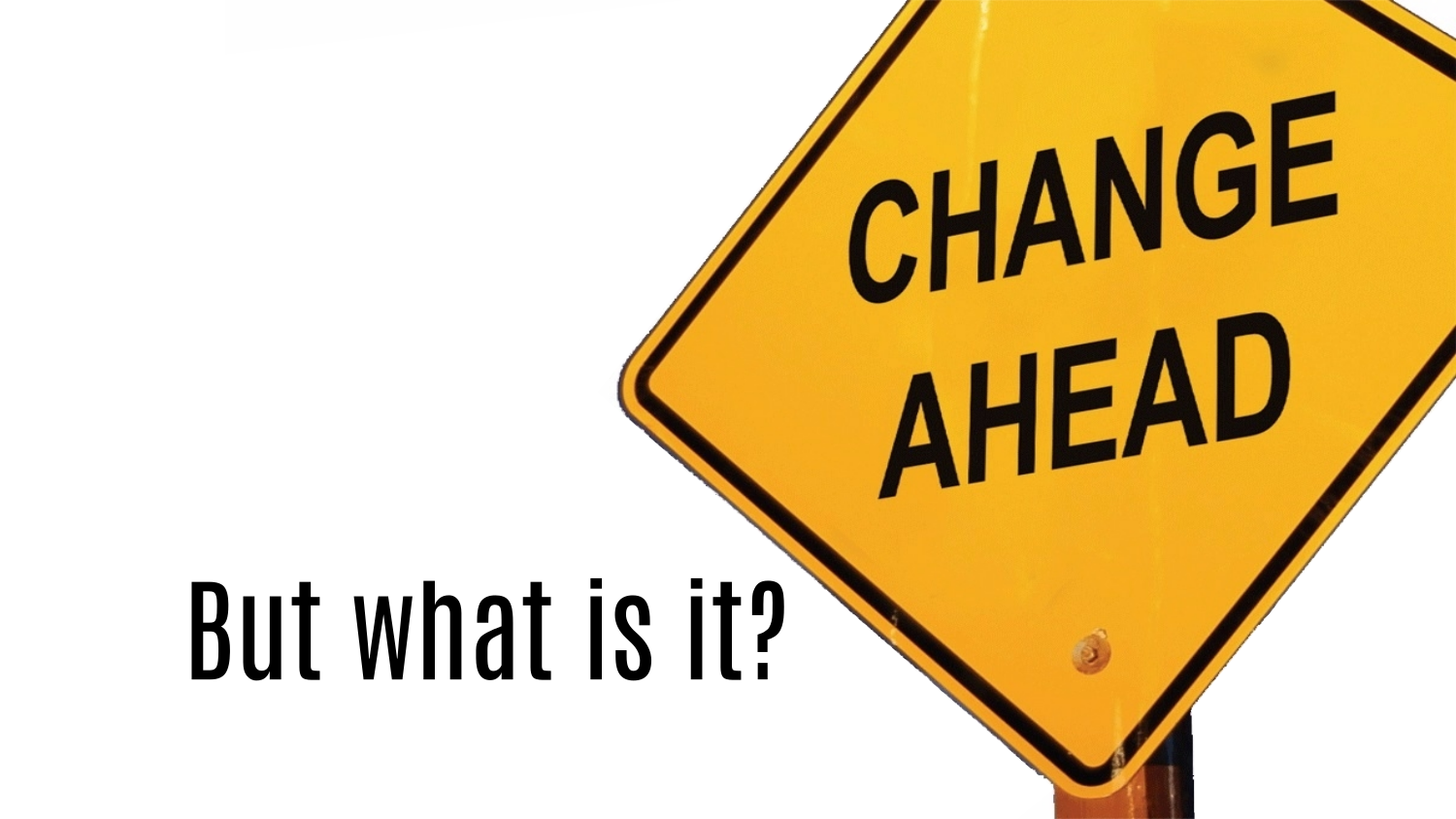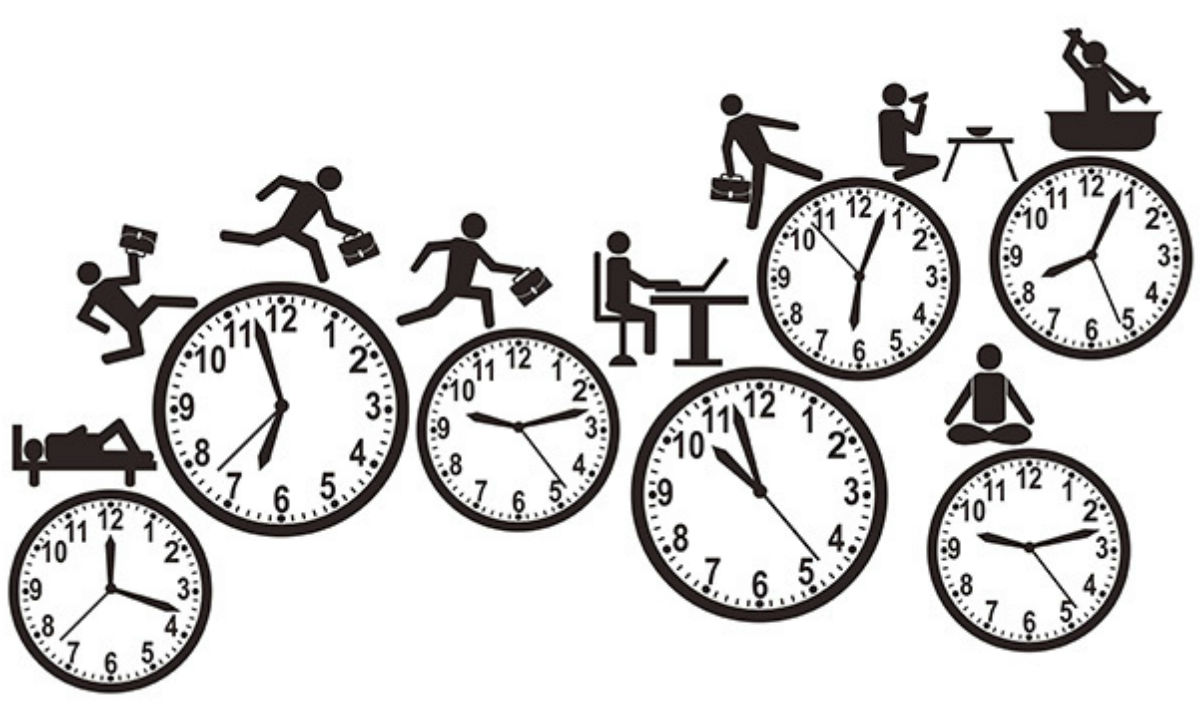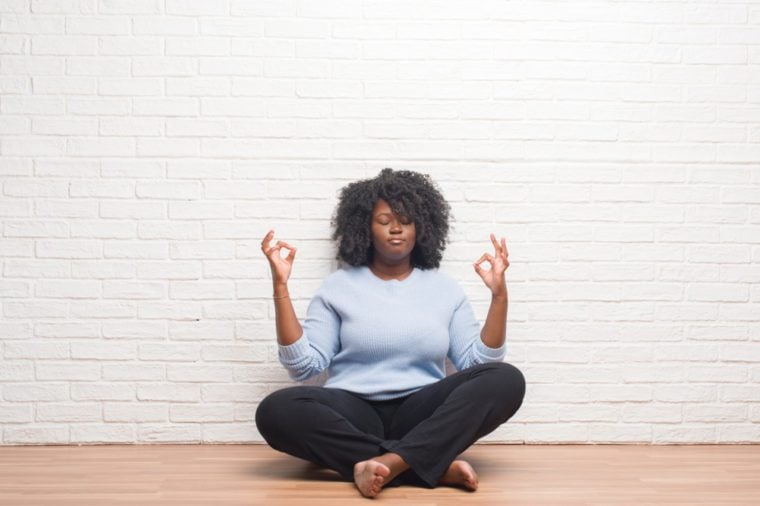Mar 27th 2020
Creating A New Routine Matters Now More Than Ever
You’re not alone if your world has radically shifted because of the new coronavirus, or COVID-19.
So many of our standard routines have been shaken—everything from our commutes to how we gather with our communities. Change—especially the change you didn’t see coming or couldn’t prepare for—can feel so scary and overwhelming. And things don’t really feel normal right now.
When your routine has drastically shifted beyond your control, there’s one solution that might seem a bit simple but can have a big impact on your emotional and mental health: Creating a new routine.
We’re creatures of habit—and creatures of anxiety when our habits get disturbed. “Drifting through the day can promote feelings of stress,” psychologist Anna Rowley, Ph.D.
That’s why it’s important to create a new structure for yourself when you’re norm—like school or work—gets disturbed.

Why: Routines can help you manage your emotional and mental health. “By making sure that you have some good routines in place, like exercise, connection, and putting limits on your news consumption, you can maintain some semblance of groundedness, even though we are all dealing with so many unanswered questions,” psychologist Patricia Thompson, Ph.D.
But going from a regular routine to a new one can be hard, so we gathered some tentpole activities that we’ve been creating our routines around—and ways we’re helping these routines stick while adjusting to a new normal.
Build Your Routine Around Movement—Inside or Outside
If you’re able to, building your day and weeks around exercise can help you knock out two self-care moves in one: Staying active and creating a new habit for yourself.
“Exercise is an excellent way to manage stress, so getting your body moving—as long as you're maintaining social distance, is a positive thing to do,” Thompson says.
That doesn’t mean you have to run a 5K every morning, though. Prioritizing ways to move that work for you is a key part in caring for your mental health.
A light stretch in your home, mid-day dance break, or a short walk around your neighborhood can improve your mood. You’ll get the perks of feeling like you have a new routine and potentially a sweet boost of endorphins from the exercise, which has been proven to lower anxiety and help you sleep better, too.
Build a Routine Around Cooking
Cooking is a way to create a sense of routine and keep yourself fully immersed in a task—an important benefit at a time when it feels easier than ever to get lost in a worry spiral.
As Hannah Giorgis writes cooking a recipe “that requires your full, constant attention is a good distraction from anxiety.”
My new routines have included taking intentional time to make myself a dinner. It’s a routine that I’ve tried to implement in the past, but it didn’t quite stick.
Now, cooking has become a way to drown out the noise, try something new, and nourish myself both physically and mentally. In many ways, it has turned into a mindfulness practice that has helped me find a semblance of regularity in uncertain times.
Build a Routine Around Breath Breaks
Incorporating moments of mindfulness into your routine and overall day can be beneficial in unpredictable times, too. It’s OK to prioritize time to just breathe and clear your mind, especially if things feel overwhelming.
Whether it’s a breath break, or just a moment of stillness while you brush your teeth—finding mindfulness in your day can calm your sympathetic nervous system and decrease your stress.
Build a Routine Around Connection
There’s something valuable in remembering that you aren’t in something alone and building a habit around connecting with others can help you stay grounded.
Being vulnerable with others can be hard, but it can help you exercise compassion (and self-compassion) which can be valuable during times of immense change.
Research shows that social connections improve your overall well-being, help build your self-esteem, and even help strengthen your immune system.
Try intentionally building in "social-distancing" moments of connection to your day—scheduling FaceTime sessions, phone dates, or text check-ins. Make reaching out a daily habit.
Build a Routine Around Small Joys
As much as we think about overarching things like routines or habits, our days are just filled with small moments—and building regular routines around those small acts of self-love can be so helpful to maintaining your mental health.
Moments like drinking a cup of morning coffee, lighting a candle, checking in with your plants, or doing your skincare routine might be a part of your day-to-day life. But how often do you savor those actions?
Try being even more intentional with your daily rituals during this time. Don’t forget that taking a second to do so as you go about your days can be a routine.
Build a Routine Around Music
Working from home? Homeschooling? It can always help to have a soundtrack to your day.
Try building a routine around the music you listen to, whether it’s selecting a single artist to listen to for an entire day (Rihanna day, anyone?), picking different genres for morning, afternoon, and evening, or even embracing #ThrowbackThursday with your favorite album from decades past.
You can even turn it into a moment of connection by sharing the playlist you’re listening to with a friend so you can have a virtual listening party.
Set Reminders for Your New Routine
Once you have your new routine in mind, the next step is… remembering to do it. It's arguably one of the hardest parts of creating a new routine.
Things like reminder functions on your phone, sticky notes in visible places, or events on your online calendar can go a long way in helping you stay on track and make these habits stick.
It takes a bit of planning upfront to get those ready, but they might be worth it if they help you adapt to a new routine.
Don’t be afraid to make it fun: Add emojis to your reminders or invite friends to join you in these new habits!
If you do happen to forget, use it as an opportunity to practice compassion towards yourself—especially in the face of trying times.
Check-in with what you need and remember that it’s OK if those needs shift as time goes on. You’re constantly growing, changing, and adapting to that is just one of the many ways you can show up for yourself during uncertainty.









